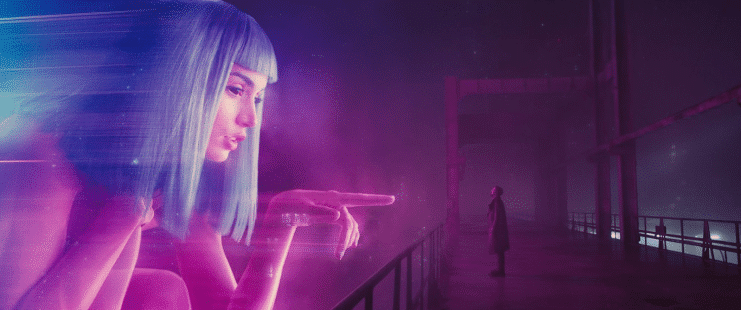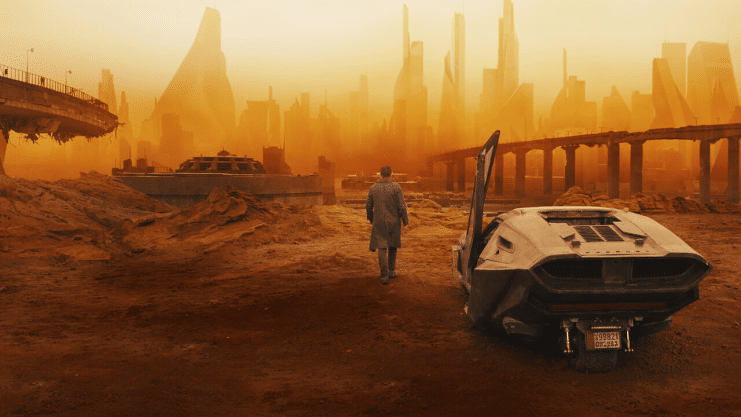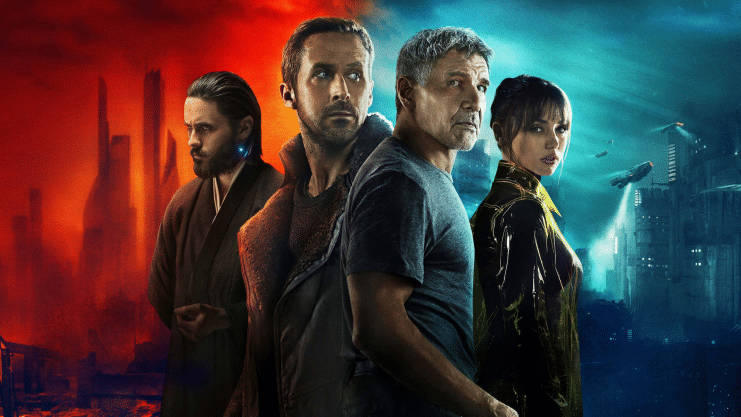
What is the meaning behind the ending of Blade Runner 2049 and what does the future hold?
The sequel to “Blade Runner”, directed by Denis Villeneuve, transports us to an even more dystopian and degraded future than its predecessor. In this labyrinth of mystery and human emotion, “Blade Runner 2049” not only follows in the footsteps of Rick Deckard and the legacy of the replicants, but also immerses us in a plot of sacrifice and the search for identity. But what does the outcome of this saga really mean for its protagonists?
The search for Agent K’s identity
At the center of the film we find Agent K, played by Ryan Gosling, who initially is a simple law enforcer tasked with “retiring” the replicants. Over the course of the film, K embarks on a personal odyssey that challenges his understanding of himself and his emerging humanity. This quest leads him to face and ultimately defeat Luv, a replicant who represents everything K does not wish to be. Through their interactions, the film explores profound themes about the essence of the soul and the search for meaning beyond initial programming.
Harrison Ford returns as Rick Deckard, who has spent decades in hiding to protect a crucial secret: the existence of his daughter, a bridge between the human and replicant worlds. Deckard’s relationship with his daughter, Dr. Ana Stelline, symbolizes hope for a new future and raises the question of what it means to be human. Ana, creator of memories for replicants, embodies the ability of replicants to overcome their limitations and aspire to a full life, despite physical and social restrictions.
K’s sacrifice
The climax of the film shows us K making the final choice to sacrifice his life to reunite Deckard with Ana, thus defying the order to assassinate him. This act of disobedience is K’s defining moment, where he takes control of his destiny, proving that the ability to choose can be the true measure of humanity. His death is not only a tragic end, but an affirmation of his humanity and hope for the future of the replicants.

With the announcement of the BR series, the saga looks set to further explore the complexities of the replicant world. The rebellion mentioned at the end of “2049” could be a focal point in the new series, promising a deeper exploration of the struggle for freedom and identity in a post-apocalyptic world.
A closer look at the saga’s dilemmas and technology
Officer Ka character who not only navigates the moral grays of the dystopian world, but also represents the constant evolution of the replicants since their introduction in the original film. In this sequel, the technology surrounding replicants has advanced, but so have the ethical and social complexities. K he is a mirror of these tensions, searching for his own sense of identity and purpose in a world that sees him as both a tool and a threat.
Comparatively, K He differs significantly from Rick Deckard, the protagonist of the first film. While Deckard struggles with the morality of his job and his possible identity as a replicant, K already knows his nature, but he struggles for something greater: his autonomy and humanity. This character evolution reflects not only a shift in storytelling, but also in the questions the sequel raises about what it means to be “human” in a world increasingly populated by the artificial.

The result of the film is much more than the conclusion of its characters’ stories; It’s a window into new narratives in this expanding universe. The legacy of the Replicants, the nature of the soul, and the struggle for self-determination will continue to be central themes in future chapters of this iconic series.